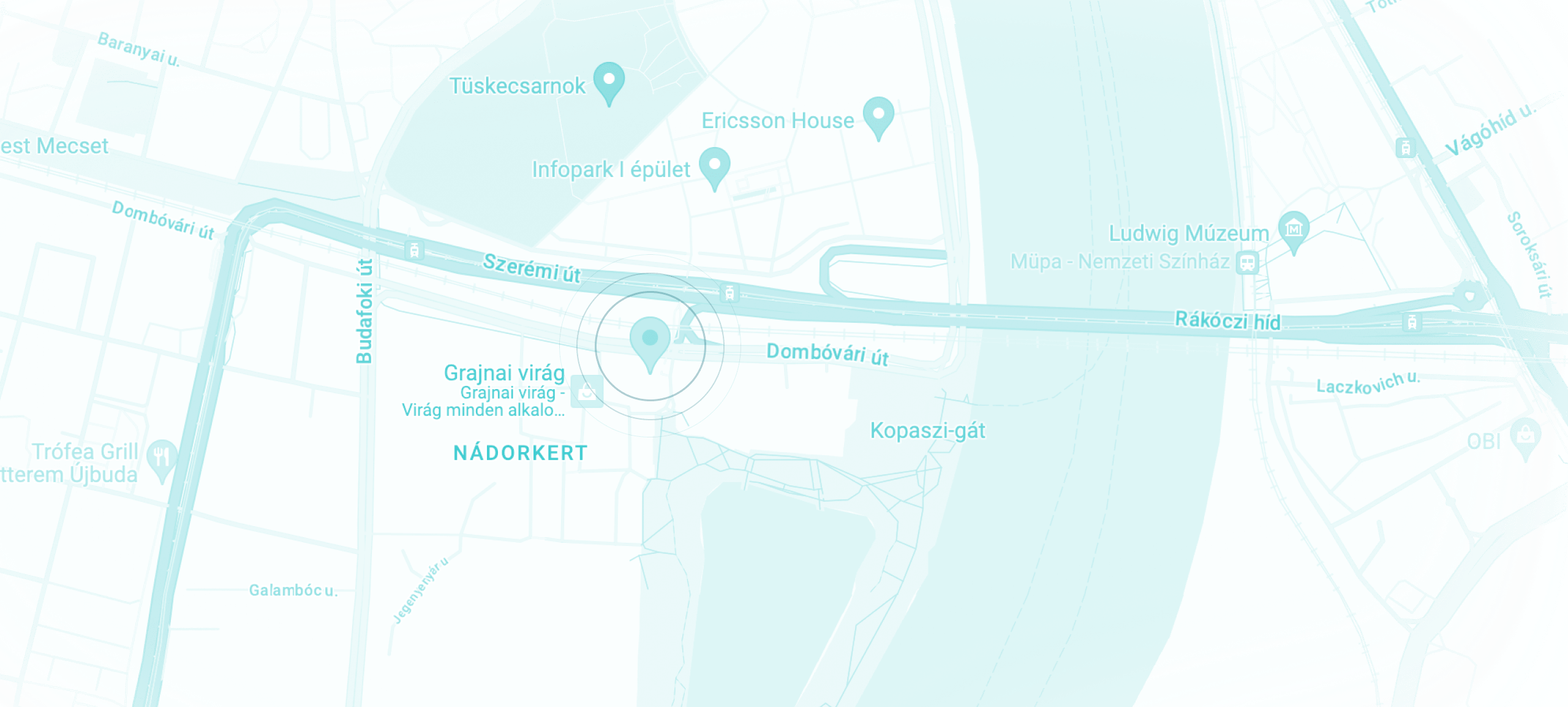
Employment and labor law in Hungary
Employment in Hungary is controlled by the labor law. While you have great freedom in what tasks to assign to your employees, you should get familiar with the most important aspects of the labor law before making your first hire at your Hungarian company.
Employment in Hungary is controlled by the labor law. While you have great freedom in what tasks to assign to your employees, you should get familiar with the most important aspects of the labor law before making your first hire at your Hungarian company.
Make sure to consult your accountant or an HR advisor to make the most of your new hire while keeping your company compliant with regulations.
Hungarian labor law defines the most important aspects of employment
While most aspects of an employment relationship (position, main tasks, working hours, salary, trial period, starting date, definite or indefinite period, location) are governed by the labor contract, some of the more general rights and obligations are usually not included, as they are considered “self-evident”. These include e.g. the right to a safe work environment or to getting paid on time, or the obligation to show up for work on time or to do a good job.
Hiring new employees
Your employee needs Hungarian social security, a local registered address, and a tax number. You must conclude a labor contract that states the parties of the contract, the gross salary, the Employee’s position, the first day of employment, the duration of the employment relationship (indefinite or fixed-term), the daily work hours (full-time or part-time), the place of work and the probation period, and it will most probably contain a detailed job description as an annex.
The fact of the employment should be reported to the authorities BEFORE the employment starts. Read more here.
Working hours and rest periods
The standard number of working hours in Hungary is 40 hours per week in full time employment, while part-time jobs are also possible. Most people work 5 days a week, Monday through Friday, 8 hours a day, somewhere between 8 a.m. and 6 p.m. However, there might be variations depending on the business, and there is great flexibility. In any case, rest-periods must be respected.
The employee must be given at least 20 minutes in breaks for a work day of more than six hours and an additional 25 minutes in breaks for a work day of more than nine hours (in the latter case, this means a total of at least 45 minutes). There must be at least 11 hours between the end of the preceding day’s work and the beginning of the next day’s work.
Minimum wages
The labor law defines minimum wages to ensure that everyone gets a fair remuneration for their work. It is increased every few years to match the inflation. If you are employing people in positions that require great responsibility, you will probably need to pay salaries higher than the minimum wage. Read more here.
Payroll and accountancy
Your payroll-specialist working with your accountant will calculate the salary to be paid to your employee based on attendance, sick-leaves, overtime, wage supplements – considering all factors that could influence the net salary. If your employee receives a monthly salary, they must be paid by the 10th of each month following the relevant month. If the 10th falls on a weekend or a bank holiday, the salary must be paid on the last PRECEDING workday. Your company must pay taxes and contributions to the authorities by the 12th. Read more here.
Holidays and sick-leaves
You should always discuss the schedule of holidays and sick-leaves with your employees, and handle the relevant administration, like filling out attendance sheets and holiday request forms. The number of these days and the salary to be paid for them is governed by the labor law. Read more here.
Trial period
At the start of the employment, there is usually a probation period during which either party can decide to terminate the relationship without explanation and without a notice period. The length of this is at most 3 months, and it should be indicated in the labor contract. If the trial period indicated in the labor contract is shorter than 3 months, it can be extended once, but it still cannot be longer than 3 months.
Work safety
The right to a safe work environment includes requirements for regular work safety trainings, fire safety trainings, and health checkups. All these must be arranged by the employer. Read more here.
Termination
There are many ways an employment relationship can end. To protect both the employer and the employee, the possible scenarios are all controlled by the labor law. Read more here.
Expert HR consultation can take care of all your labor law needs
If an HR expert assists you already during recruitment, you can rest assured that all the relevant aspects of the Hungarian labor law will be considered while formulating the position and drawing up the labor contract. This ensures that hiring a new employee will be the beginning of a beautiful employment relationship.
Contacto
Póngase en contacto con nosotros
Lunes - Viernes
09:00 - 17:00
Helpers Hungary Kft.
Budapart Gate
Dombóvári út 27.
Budapest 1117, Hungary
Cuando nos visita, venga usted al 2.o piso por la Entrada A.






